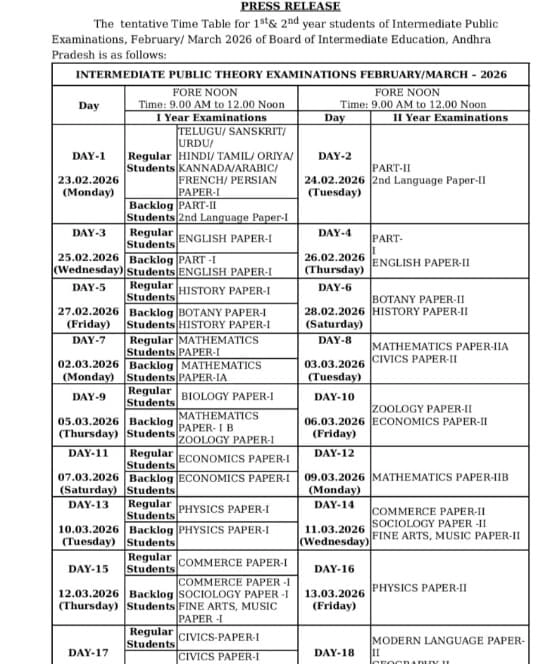Shashi Tharoor has recently shed light on the significance of the Op Sindoor briefing, emphasizing that it was a direct response to the statements made by the Chief of the Pakistan Army. This assertion highlights the ongoing tensions and the intricate dynamics between India and Pakistan, particularly concerning their military stances and strategies. Tharoor, a seasoned politician and a former diplomat, articulated that such briefings serve not only to inform the Indian public but also to convey a strong message to adversaries. By addressing the remarks of the Pakistani Army Chief, the Indian government aims to assert its position and demonstrate readiness in the face of external challenges.
The Op Sindoor briefing itself was a well-structured presentation meant to outline India’s operational readiness and strategic capabilities. Tharoor pointed out that the timing of this briefing was crucial, as it sought to counteract any narratives that could undermine India’s defense posture. In a volatile geopolitical landscape, communication and transparency are vital, and such briefings can serve as a deterrent against potential aggression. The Indian military’s proactive stance, as highlighted in the briefing, underscores the nation’s commitment to safeguarding its sovereignty and responding effectively to any threats.
Moreover, Tharoor’s insights reveal the broader implications of military communications in a democratic society. He noted that the public’s understanding of military operations is essential for fostering national unity and resilience. By engaging directly with the statements from Pakistan, the Indian government not only reassures its citizens but also clarifies its strategic intentions to the international community. This dual approach helps to solidify India’s position on the global stage, especially in the context of the ongoing conflict and rivalry with Pakistan.
In conclusion, the Op Sindoor briefing, as articulated by Shashi Tharoor, serves as a multifaceted tool in India’s defense strategy. It is not merely a military update but a calculated response aimed at addressing external provocations while reinforcing domestic confidence. Tharoor’s remarks underscore the importance of strategic communication in contemporary geopolitics, where the narratives crafted by military leaders can significantly influence public perception and policy-making. As tensions between India and Pakistan persist, the significance of such briefings will likely continue to grow, shaping the discourse around national security and military readiness.




